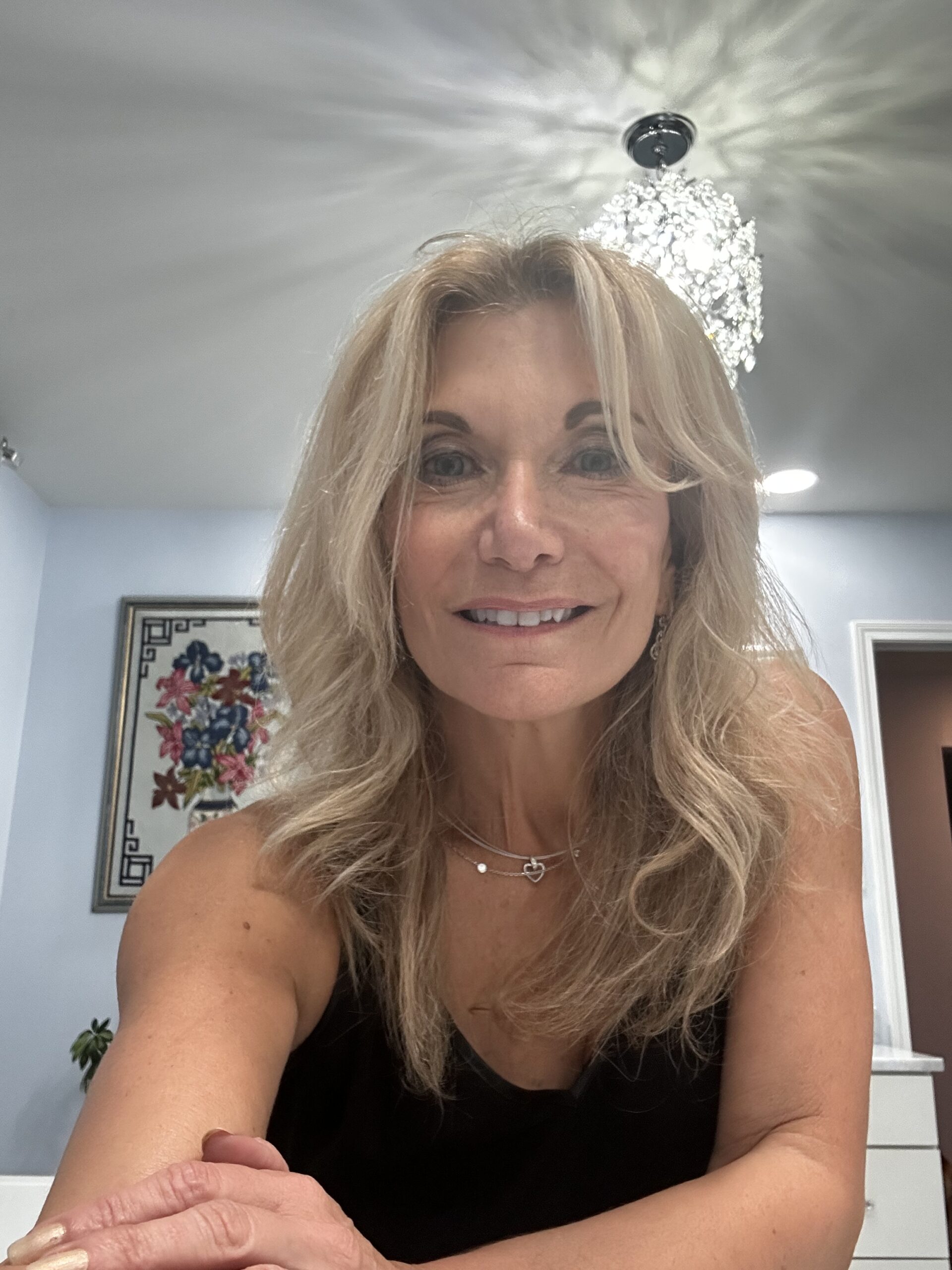
My lung cancer story started when I discovered a lump in my left breast at the end of 2024.
A breast biopsy right after the new year had me diagnosed with triple negative breast cancer. A breast MRI showed nothing in the lymph nodes. I was given a breast surgeon who told me I had stage I, that I was curable, and that all would be fine. I was told I would have surgery, then chemotherapy, then radiation, and in a year my life would be normal. I was given a breast navigator who I could call at any time, several folders, and a 4-inch thick loose-leaf binder with all kinds of resources—from wigs and hats to bras and support groups. Everyone told me, “Yay, you—early detection!”
Then I met with my oncologist.
He insisted on further testing, which was deemed “not necessary,” but he insisted. Further scans found a mass in my left lung, my chest wall and the lining of my left lung were affected too. A lung biopsy and new tests on my breast biopsy revealed that I did not have breast cancer, but lung cancer that had spread to my breast—which is extremely rare. So I went from stage 1 breast cancer to stage 4 lung cancer.
I saw the breast surgeon again, and this time he told me I was now the oncologist. The breast navigator was not there. All the resources in the folders and binder were taken away. I could find no support groups in my area. That whole world of support was now gone. I felt as if I was demoted, as if I had done something wrong, because it was no longer “yay, you, early detection.”
The flip side of that, I thought, “How did I not know I had this disease inside me?” I was symptomless, like so many with lung cancer. I sensed a definite stigma attached to lung cancer right there in that breast surgeon’s office. On one of my many trips to the hospital for tests in the weeks that followed, I even had a young technician who told me I “didn’t look like I smoked.” Well, I never did, but it shouldn’t matter.
I had chemotherapy from February to June, which was effective at battling my cancer. In March, I was on Gilotrif (afatinib), but had to discontinue it because I had a severe reaction to it. I had a drain in me from February to April because of fluid in my lung chamber. I started immunotherapy in June, and all seemed to be going great. A recent scan revealed that immunotherapy was not having any effect on me, so my cancer acted up and I have a new “hot spot.” It turns out that when the surgeon removed the drain from my lung cavity, she “seeded” cancer where she cut me, and that is now a fast-growing tumor causing me pain.
My current plan is to start radiation on the new growth and restart chemotherapy as well, as I need a “bridge” between treatments (immunotherapy and targeted therapies need 8 weeks apart from one another). I will then be going into a clinical trial at University of North Carolina at Chapel Hill for another targeted therapy, hoping the third time’s the charm.
I am grateful that some online searching led me to the Lung Cancer Initiative. Meeting people who know what it’s like to “be me” helps. Hearing other survivors’ stories and long-term survivors’ stories is so hopeful. And LCI is expanding to my community, Charleston, SC, which I am thankful for.
Finding this community of support, hope, and resources has given me hope, which I’m finding I really need at this time.
